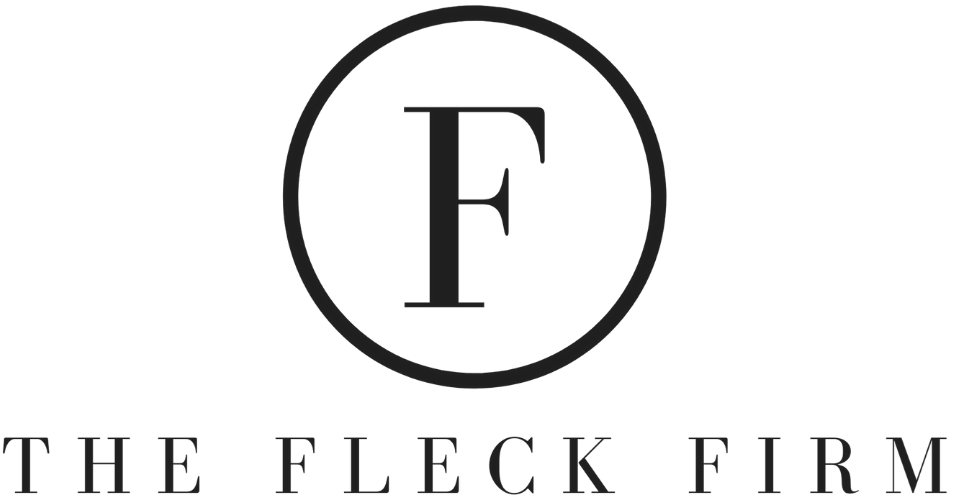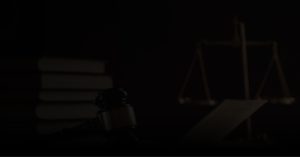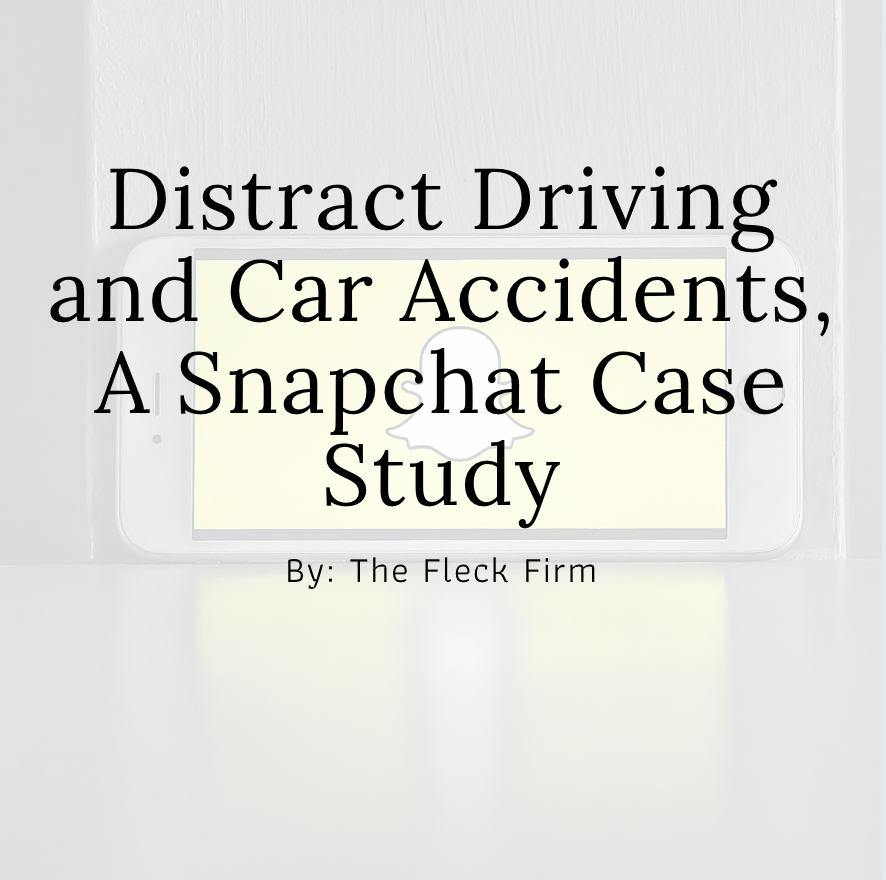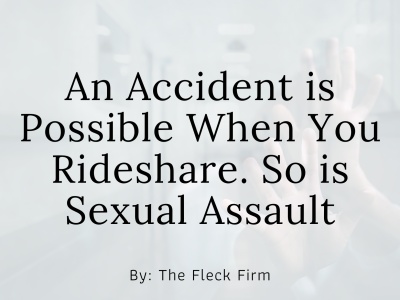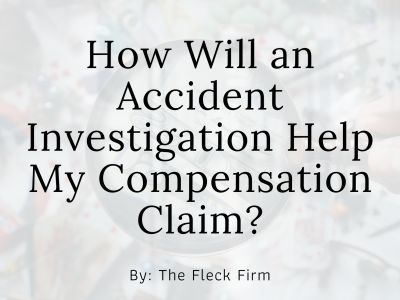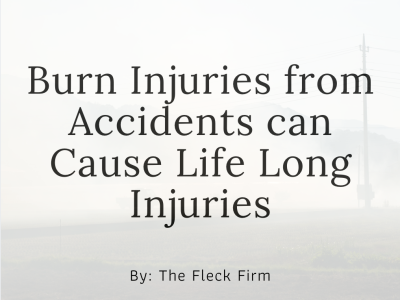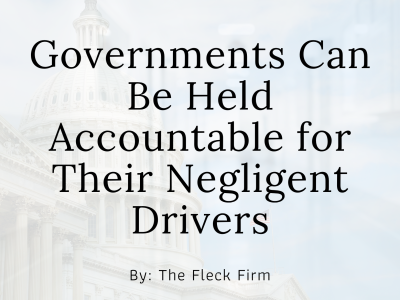Snapchat is a popular social media app that may be responsible for the deaths of many motorists across the country because a feature results in more attention to users traveling at high speed. A federal appeals court recently found its owner, Snap Inc., could be liable for the deaths of three teens in Wisconsin.
If you’re injured in a car accident, or a family member was killed in a vehicle crash, Tyler Fleck can talk to you about what happened, how the law may apply, and options for seeking compensation for your injuries. Can him today at (270) 446-7000 to schedule a free consultation.
The cases involving Snapchat boil down to whether the app is a defective product because it encourages dangerous driving, so it should be held responsible just like any other manufacturer, or whether federal law protects it as a publisher of online content.
Speeding Car Shared on Snapchat Encouraged Reckless Driving That Caused Crash
Users post messages, photos, and videos on Snapchat. A passenger in a car, Hunter Morby, in Walworth County, Wisconsin, was using the app in 2017 when the 17-year-old driver accelerated to 123 miles per hour. Morby’s parents, Carly Lemmon and Michael Morby, according to NPR, say he wanted to share the experience using an app feature known as the “speed filter” which shows how fast the user is going, to get more engagement and attention from his followers.
Shortly after the app opened, the driver lost control of the car, hit a tree, and all three in the vehicle were killed. Last month a federal appeals court agreed with the parents they should have the right to sue Snap Inc. Plaintiffs allege Snap created a dangerous game through its filter and shared some responsibility for the accident. A trial court dismissed their case, and the plaintiffs appealed.
Other attorneys take contingent fees of 33% to 50% of your settlement.
We want you to keep more of your money.
Our contingent fee is only 30% on cases settled prior to filing suit.
Appeals Court Finds Snapchat Owner Not a Publisher
At issue is Section 230 of the federal Communications Decency Act (CDA). It protects tech companies from libel and other civil suits for online posts, no matter how harmful they may be. Prior decisions concerning how this law applies to accident cases have gone for and against the company in state and federal courts.
The U.S. Court of Appeals for the Ninth Circuit stated the law didn’t apply because the issue isn’t Hunter Morby’s post. It’s whether or not the app’s design contributed to the accident. If so, the next step would be for a trial court to decide whether or not Snap Inc. can be held responsible and forced to pay damages to the plaintiffs.
The parents claim the speed filter encourages young people (more than 70% of users are mostly 18-25 years old, reports Ubex) to drive at unsafe, high speeds. The court stated Snap is like any other company making a product that may cause injuries to consumers. The speed filter has resulted in users’ dangerous driving to attract more followers by getting their dangerous stunts widely shared on the app.
The decision states plaintiffs’ claim is based on established law stating manufacturers have a “duty to exercise due care in supplying products that do not present unreasonable risk of injury or harm to the public.”
Where Do Snapchat Cases Go From Here?
A similar case against Snap in state court in Georgia was eventually dismissed. It was dismissed at the trial level, an appeals court found that Snap could be sued for harm due to the speed filter and sent it back down to the trial court, which dismissed it again. It found Snap wasn’t at fault if someone misused its product. The app gives a “DON’T SNAP AND DRIVE” warning to the filter and its terms of service warn users they should “never put yourself or others in harm’s way just to capture a Snap.”
This federal case may take the same course, returned to the trial court which dismisses it on other grounds. If the decision’s in the plaintiffs’ favor, it increases the chances the U.S. Supreme Court may ultimately decide whether plaintiffs’ claims or Snap’s defenses are valid.
The legal line courts are dealing with is whether or not Snap is a publisher entitled to legal protection, no matter what’s posted, or not. In this case the appeals court found whether Snap’s a publisher isn’t as relevant as the claim Snap motivated harmful activity. But that motivation, the speed filter, can only be used as part of publishing a post.
Get the Legal Help You Need from an Personal Injury Attorney You Can Trust If You Are In An Accident
If you’re injured in a car accident, whether it was caused by something simple like a red light that was ignored or more complicated like the role a smartphone app may have played, Tyler Fleck is here to help.
If you have any questions about compensation for vehicle accident injuries or want legal representation to help you with an injury caused by another? Contact The Fleck Firm for a free consultation at (270) 446-7000. We’ll talk about the accident, the law, and your best options to proceed. Insurance companies have lawyers. You should have one too.
